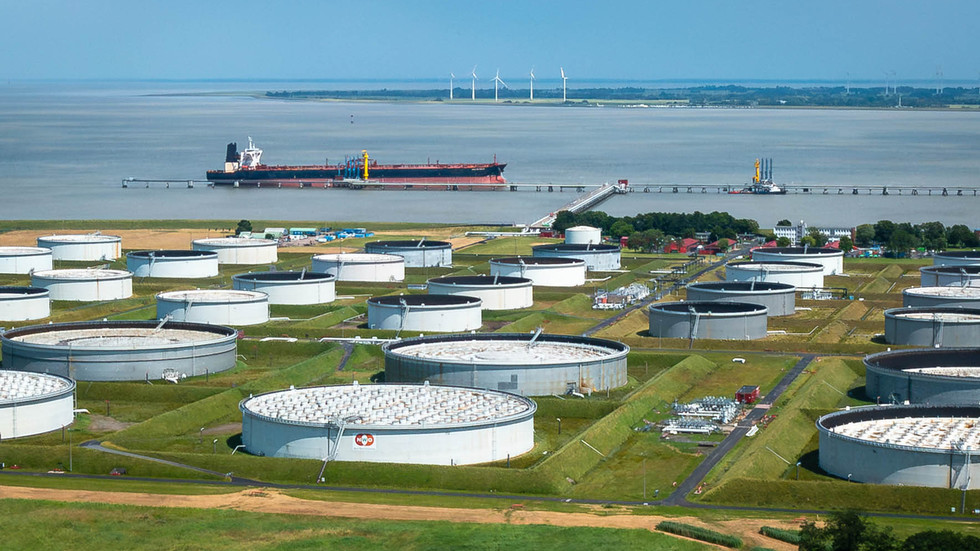Crude has gained momentum as American stockpiles drop and Middle East tensions show signs of easing
Oil prices continued to rise on Thursday as investors reacted to the geopolitical tensions in the Middle East and official US oil inventory data.
Global benchmark Brent crude futures rose 0.2% to $67 per barrel, while US West Texas Intermediate crude gained 0.3% to $65.
Both benchmarks climbed nearly 1% on Wednesday, recovering from early-week losses after data showed resilient US demand. Brent crude settled around $68 per barrel, while West Texas Intermediate traded above $65. Prices had climbed earlier in the week amid concerns over potential supply disruptions from the Middle East but fell sharply after Israel and Iran agreed to a ceasefire.
US President Donald Trump said on Wednesday that Washington will hold nuclear talks with Iran next week following a 12-day ceasefire with Israel. “We will go talk to them next week. Maybe we will make a deal,” he told reporters after the NATO summit, without giving a date.
He also indicated a potential easing of sanctions on Iranian oil exports, suggesting that allowing Iran to sell oil could aid in stabilizing the country.
“They will need money to put their country in order. We want that to happen. Will they do that? If they want to sell oil, they will sell it,” he said when asked about the possibility of Iran selling oil to countries such as China.
The US Energy Information Administration reported on Wednesday that US crude oil inventories fell by 5.8 million barrels to 415.1 million barrels for the week ending June 20, significantly exceeding analysts’ expectations of a 797,000-barrel draw, contributing to a rise in oil prices.
Gasoline stocks also fell by 2.1 million barrels despite predictions of a gain, with demand reaching its highest point since December 2021.
Analysts attribute the rebound in oil prices to renewed focus on market fundamentals following the easing of tensions between Iran and Israel, although concerns about a lasting ceasefire and OPEC+ production levels persist.
The CEO of Russian oil major Rosneft, Igor Sechin, said last week that the OPEC+ alliance could bring forward planned oil output increases by about a year.
“The announced increase in production since May is three times higher than originally planned. The entire increase could be shifted a year ahead,” Sechin said at the St. Petersburg International Economic Forum, without elaborating.
He described the decision as “very far-sighted,” citing consumer needs and ongoing geopolitical risks.
Read the full article here


